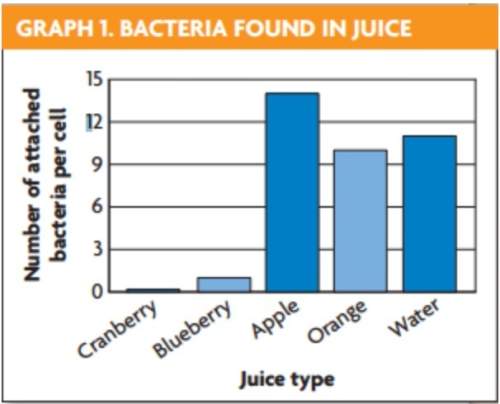
Biology, 10.10.2019 08:00 babydolltia28
Ascientist performed an experiment to test her hypothesis that a disease in horses was caused by a deficiency in an important mineral. the results did not support her hypothesis. however, some of her data showed an important change in one hormone. the scientist knew that the hormone was related to a different mineral, so she formed a new hypothesis. what is the most logical step for the scientist to take next?
a. design an experiment to test the new hypothesis.
b. pose a new question to be answered.
c. replace the old hypothesis with the new hypothesis.
d. draw new conclusions to fit the new hypothesis. explane so i can understand why the answer is the answer!

Answers: 3


Other questions on the subject: Biology



Biology, 22.06.2019 13:00, blesskids600
This is an active transport mechanism by which cells pump sodium and potassium ions against the concentration gradient
Answers: 1

Biology, 22.06.2019 13:10, lily1482
Which of the following is likely not involved in this example of ecological succession? a) the rotting remains of plants add to the fertility of the soil. b)the soil becomes so fertile that eel grass is replaced by other plant species. c) the roots from plants stabilize the sediment, keeping it in place. d) the concentration of salt becomes so high that all plant life is destroyed.
Answers: 1
You know the right answer?
Ascientist performed an experiment to test her hypothesis that a disease in horses was caused by a d...
Questions in other subjects:






Mathematics, 26.11.2020 05:00

Mathematics, 26.11.2020 05:00






